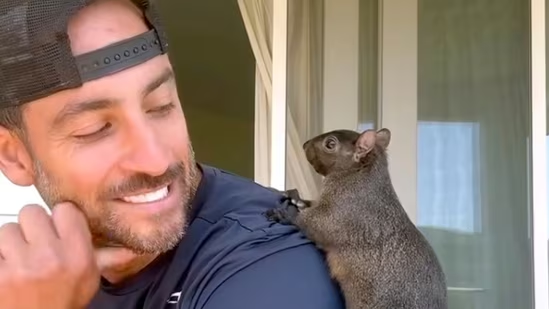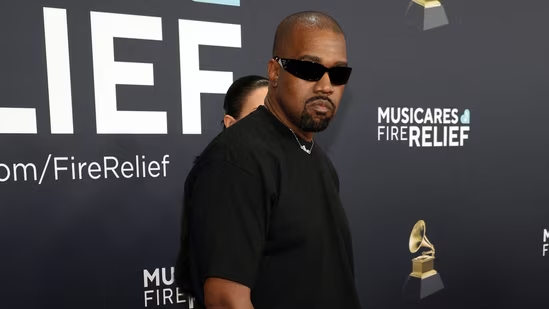The recent euthanization of Peanut the squirrel in New York has caused massive outrage amongst fans and animal lovers. Peanut has been taken from the owner, Mark Longo, due to state concerns over improper keeping of wildlife as pets. The case raises an important question about whether one is legally allowed to keep squirrels and wild animals in many states.
Peanut’s Story: A Family Darling
Peanut was not a pet, but a darling family member of Longo and his followers. He was found as a baby when his mother died in an accident. Longo adopted Peanut with the plan to return him to the wild later. However, he could not survive outside for long, and hence, Peanut became a permanent resident at Longo’s place. The case turned tragic when health officials came with Peanut and a raccoon named Fred, who ended up euthanized in the name of rabies tests. The ruling has been condemned widely, especially by the means used to confiscate and no means of appeal for Longo.
Also read: 2024 Georgia Bulldogs Football Schedule, Key Players, and How to Watch
Knowledge of the Statutes on Wildlife
Some states have statutes that have made it illegal to hold squirrels and any other type of wildlife in New York as pets unless they have a license. The New York Environmental Conservation Law particularly prohibits the holding of wild animals for personal reasons. Although licensed wildlife rehabilitators can possess injured or orphaned wildlife to rehabilitate it so that they are released again into their natural habitats, most are not permitted by law to have possession of the same animals. Thus, this law serves two purposes: the animals themselves are protected from being killed, and humans are protected from harm these animals might inflict on them.
Function of Wildlife Rehabilitation
Wildlife rehabilitators care for injured animals like Peanut, but a licensing process and many regulations govern rehabilitation. For Rochester squirrel rehabilitator Rachel Tindal, many people end up keeping squirrels “on the down low” because they can’t find licensed rehabilitators who can take in more animals. This tendency often leads to well-meaning individuals unwittingly ending up domesticating wild animals, aside from legal prohibition.
Keeping Squirrels
Squirrels do not make good house pets. They can be rather destructive and need specialized care that most people are not ready to provide. Tindal warns that even though some squirrels bond well with humans, this is the exception rather than the rule, and it usually comes at the cost of their wild behaviors and survival instincts. Many captive-raised squirrels cannot survive when returned to the wild, which makes rehabilitation challenging.
Legal Keeping of Pet Squirrels: States
While New York has prohibited keeping squirrels as pets, other states have allowed states to make easier regulations to keep the same thing legal. Florida does not issue permits, which drives people to this state so it can be legal to have them in this state as well. And even when it is legal to do so in states, such owners will have to appraise their commitments to the pets.
Such tragic cases of Peanut, and the squirrel, remind wildlife enthusiasts and owners of how much complexity is found around issues of ownership or rehabilitation.
In many local jurisdictions, it is technically illegal to keep squirrels as pets, yet passionate hobbyists often find themselves on their own about what is lawful, rather than ethical. For these animal enthusiasts, when the lesson of Peanut serves its role, there can no longer be any option other than to call upon support for responsible wildlife rehabilitation procedures as well as the realization that there are implications that one finds when keeping animals, including wild ones.








